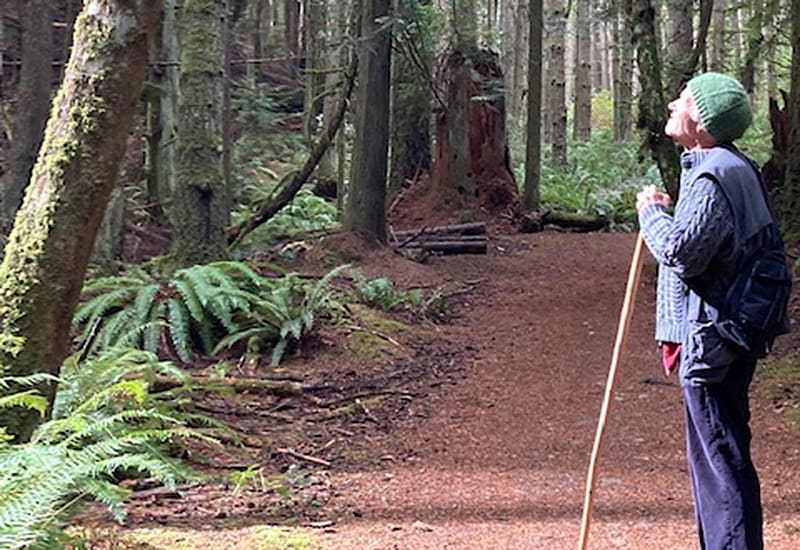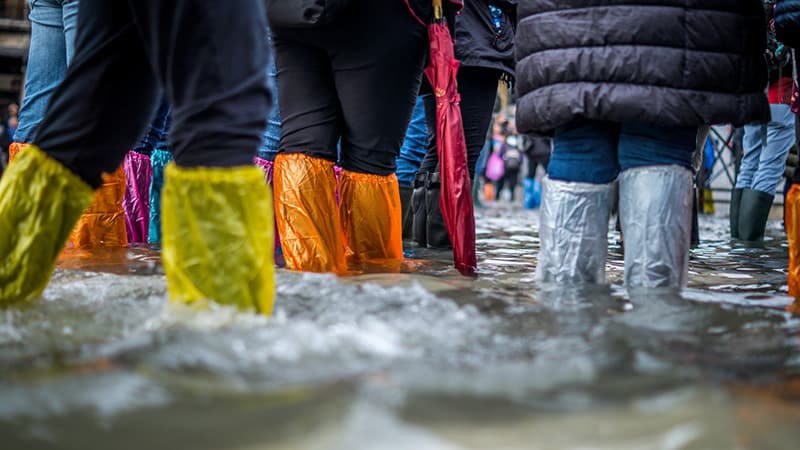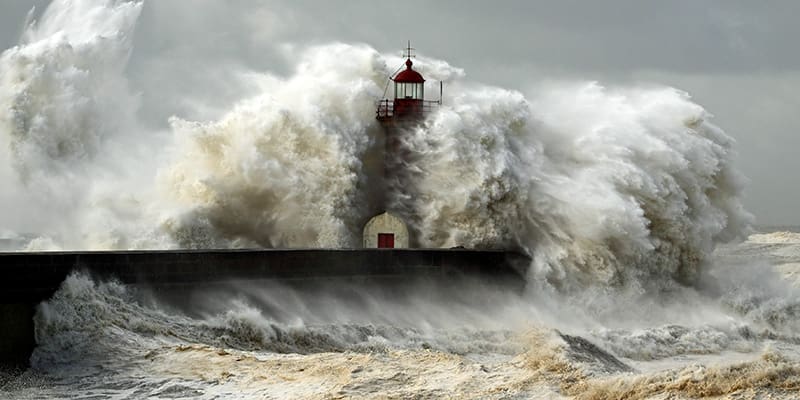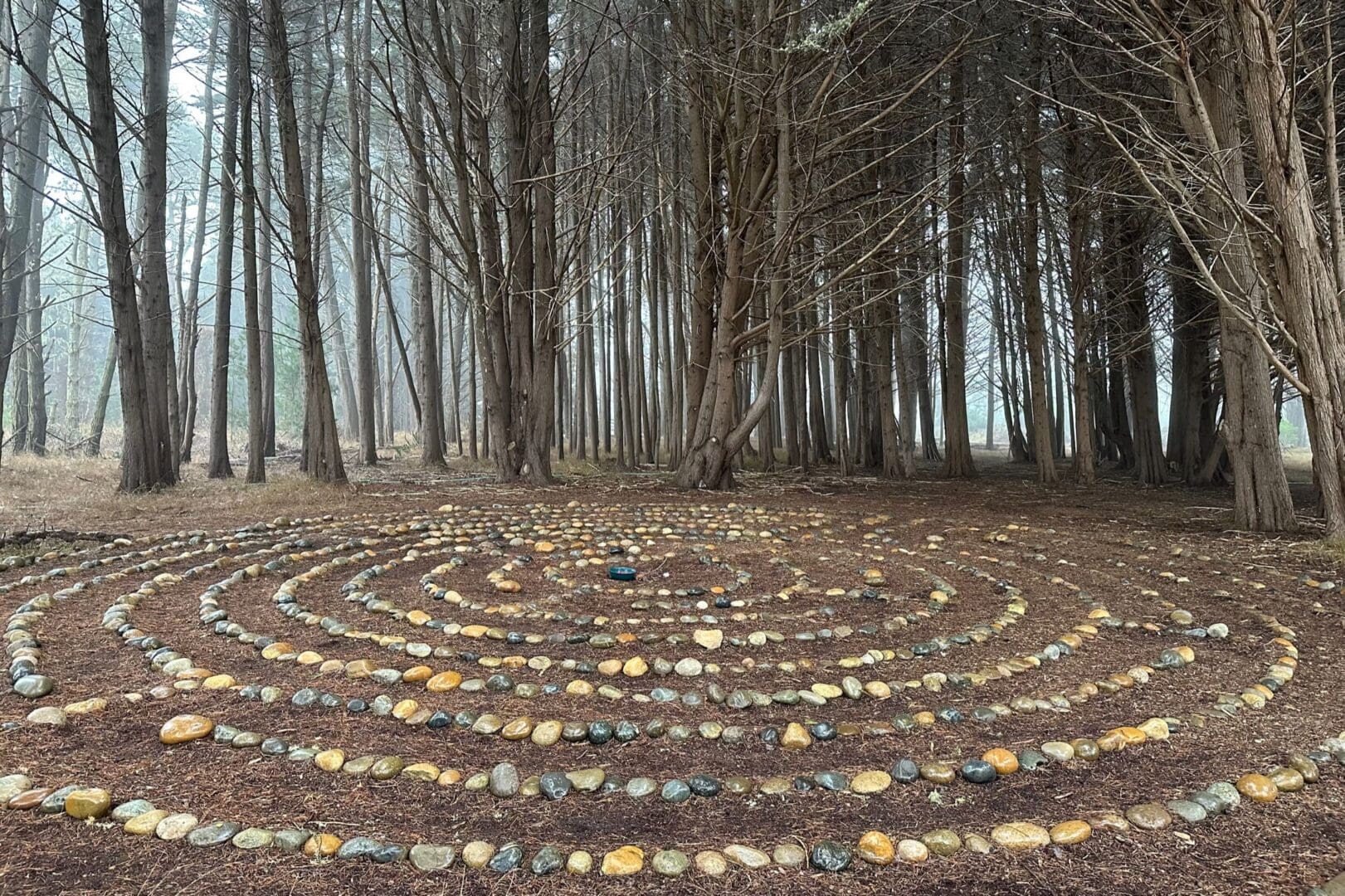I hope this letter finds you well. You will soon see the Commonweal Year End Report. This is my personal letter to you.
I’ve organized the letter around seven topics:
- What Oren Slozberg has brought to Commonweal.
- The 212th Cancer Help Program returns—outdoors.
- Sanctuary, our on-line Cancer Help Program, born in the pandemic, here to stay.
- Healing Circles Global growing rapidly around the world.
- The re-launch of Beyond Conventional Cancer Therapies as Cancer Choices.
- The Change—Choosing resilience in the face of the polycrisis.
- Picking a stone for our gravesite.
Commonweal
Commonweal is always changing to meet the challenges of our time. Oren Slozberg, our executive director, has opened new initiatives in racial healing, youth leadership, youth summer camps, and much more.
Oren has focused on bringing young people and diversity to Commonweal. The results are remarkable. We now have more than 30 active programs and fiscally sponsored projects.
There is an old saying, “If you want to go fast, go alone. If you want to go far, go together.”
Oren leads Commonweal to go far.
****
Oren created an “intergenerational leadership” model. Commonweal board member and philanthropic consultant Katherine Fulton says it is quite unique in her organizational experience.
Most founders, Katherine says, either stay too long—or they leave entirely. It is rare for a founder and a successor CEO to find a creative way to work together.
Oren and I have done that. The credit goes especially to Oren. Commonweal has never had stronger and more diverse programs, a stronger and more diverse board, or a stronger and more diverse staff.
The Commonweal Cancer Help Program
On the week of October 17-25, we held our 212th Cancer Help Program. We paused the Cancer Help Program for 20 months due to COVID.
This was the first Cancer Help Program to be held almost entirely outdoors. We met on the porches of Pacific House and Kohler House and in a beautiful tent in Hummingbird Meadow. Propane heaters, blankets, and hot water bottles in little knit sweaters kept the cold at bay.
The healing power of nature vibrated through us. We were immersed in the exquisite beauty of this land. Under a full moon.
This is my dharmic work. I would choose no other.
Sanctuary
Sanctuary is the new on-line Cancer Help Program. We began it during the pandemic. Four month-long Sanctuary retreats this year have drawn universal acclaim. Sanctuary is a powerful and lasting innovation that makes our work available to many who could not otherwise participate.
Led by Arlene Allsman, the Sanctuary staff includes psychotherapist Natalie Portis, physician John Laird, and yoga teacher Angela Madonia. The groups meet on Zoom three times a week for one and a half hours.
Sanctuary is a beautiful new way to serve. We love it.
Healing Circles Global
Healing Circles is one of the most powerful innovations to emerge from the Cancer Help Program. It is experiencing extraordinary growth.
Diana Lindsay is the co-founder of Healing Circles Langley on Whidbey Island and the co-founder and co-director of Healing Circles Global. Recently Diana wrote this note:
“In response to the continued social isolation and anxiety that has occurred during this pandemic, our Healing Circles online programs have exploded.
We started in March 2020 with the launch of online circles in Bolinas and at Healing Circles Langley. Surprised by the depth that could occur in online circles, we committed to building an online program that could support anyone, anywhere, at no cost.
A growing and committed group of people, with a tremendous amount of personal and professional experience in serving others, have joined the trainings from more than 37 of the United States, six Canadian provinces, and 26 other countries on six continents.
In our first year, we provided 11,795 healing support service hours for those facing grief, cancer, caregiving, social isolation, death & dying, and injustice. We also offered our first profession-oriented (healthcare), geographically specialized (Europe), and language-based (German) teams. We are launching expressive arts circles and learning circles in a variety of subjects.
Our volunteers have contributed 6,000 hours in service to the public, training programs, team planning, and their own individual growth. This is a labor of love and service. Although we volunteer our time, we gain back a sense of belonging to community and meaning along with the health benefits of being a volunteer.”
****
Janie Brown is the founder and executive director of Callanish, which offers the Cancer Help Program in Vancouver, British Columbia. Janie was one of the first people I visited when exploring the idea for Healing Circles. She has co-led the Cancer Help Program at Commonweal with me. Her own Callanish Cancer Help Program is second to none in its quality and beauty. Janie wrote:
“The deepest work of a healing circle is to allow each one of us to be fully and completely ourselves. Being fully seen and listened to in a circle has the potential to heal deep hurts, be it a physical pain or a deep sorrow of the heart. When we are received by others who have the capacity to hold our pain with a loving, non-judgmental acceptance, we can start to believe that we are whole, that we have something to give, that our contribution to life doesn’t depend on us being healthy or even being of sound mind. A circle member can offer a genuine presence that can be deeply healing and helpful to another person.”
****
Healing Circles Global offers circles for Living with Cancer, Grieving Together, Caregivers Together, Supporting Health Care Professionals, Coming Together in Uncertain Times, and Supporting Life Transitions.
Volunteers can learn the basics of How to Host a Healing Circle in three 90-minute sessions a week apart. They can then sign up for the Healing Circles Practicum and Mentoring on a similar schedule. They can also join the circle of hosts and guardians for ongoing support.
CancerChoices
If Healing Circles is one of the great innovations to emerge from the Cancer Help Program, CancerChoices is unquestionably co-equal in its potential to transform integrative cancer care.
We will launch CancerChoices.org early in the new year. CancerChoices began as Beyond Conventional Cancer Therapies (bcct.ngo), a project suggested to me by my friend and partner in this work, Lucy Waletzky, MD.
With Lucy’s steadfast encouragement, we co-created BCCT. We offer objective science-based evaluations of integrative approaches to cancer. Our advisory board includes leading clinicians and researchers in the field. The website was instantaneously successful among patients and professionals who wanted to go deep into integrative therapies.
But while BCCT.ngo is encyclopedic, it is not easy to navigate. We were not reaching as many people who need solid reliable information as we wanted.
****
Then I met Miki Scheidel. Miki’s father had lived far beyond expectations with integrative cancer therapies. Miki was researching integrative oncology for the Scheidel Foundation. I was impressed by the depth of her knowledge. Miki felt a deep alignment between Commonweal’s cancer programs and her father’s experience with cancer. She had a vision of transforming the BCCT website to make it far more inviting and accessible. I invited Miki to join the staff and she accepted in a voluntary capacity.
****
For the last two years, the entire BCCT staff has been involved in a complete make-over of the BCCT site. We gave it a much more memorable name—CancerChoices. We’ve worked with three consulting firms to re-imagine and re-strategize ways to communicate effectively with our three main audiences—people with cancer, loved ones who take care of them, and health professionals.
With our new CancerChoices website, we will meet people where they are. We will introduce them gently to their choices. We will provide the best available science-based information so they can make those choices with greater confidence.
Miki, Lucy, and I guide CancerChoices. Miki co-leads the project with Nancy Hepp. Laura Pole, RN, brings deep content knowledge. Maria Williams plays a key role in writing and research. We’ve taken on four able new staff members in the final push to complete the website. We now have staff in Bangkok, Tokyo, Washington state, Oregon, and Virginia.
We believe CancerChoices will have a lasting impact on integrative cancer care.
Navigating The Change—or Whatever We Call the Polycrisis
I don’t have to convince you that the world is changing. The Change is affecting our lives, whoever we are, wherever we are, whatever we call it.
The pandemic has changed our lives in lasting ways. More ominous still is climate change in all its forms. But there are dozens of other forces at work—environmental, social, technological, and economic. They interact with increasing force, frequency, and unpredictability.
Supply chains are collapsing—ships stacked up outside ports, not enough truckers, empty shelves in every store, closed stores in every mall, not enough chips to make cars.
Inflation took off—whether you blame shortages or, as Robert Reich suggests, monopoly conglomerates raising prices without competition to keep prices down.
Stores and restaurants can’t find staff because people don’t want to risk COVID. Companies are torn between wanting workers back in the office and not wanting to offend those who want to telecommute. Healthcare workers are burnt out. Teachers didn’t sign up to risk their lives and the lives of their families.
All across the country, the price of homes in desirable rural communities has skyrocketed. When I walk the streets of Bolinas, houses are being gutted and renovated everywhere.
We are the lucky ones. The Change looks far more desperate in most of the world. It comes down heaviest on the most vulnerable.
We can call The Change whatever we choose—the polycrisis, the great unravelling, the great simplification, or the end of the world as we know it. The Change has a dozen names and more.
The Change weaves through every strand of the natural world and human life. It takes different shapes in different places. There will be no one word for it or one authoritative description.
The Change is what is called a “wicked problem.” We can’t solve it. But there are ways to reduce its toll. And there are ways to prepare our communities and ourselves to better navigate the change. We call that resilience.
****
At Commonweal, we’ve placed resilience at the heart of our work.
We’re working with people and communities that share our concerns.
We’re helping build the field of global polycrisis studies and action.
We’re going solar, installing water tanks to fight fires, building a ham radio station, qualifying ham radio operators, and doing resilience programming in the Commonweal Garden, The New School, The Resilience Project and more.
****
Through the Jenifer Altman Foundation, we’re helping build the Omega Resilience Funders Network. With a network of partners, we are helping gather NGO and other civil society leaders working on resilience in the polycrisis.
We’ve mounted webinars on the polycrisis with thought leaders like Kim Stanley Robinson, Thomas Homer Dixon, Paul Ehrlich, Ashok Khosla, Shana Swan, and Raj Patel.
With the support of the Ho Foundation, we’ve distributed almost $200,000 through the Global South Plus Project to grassroots environmental health leaders to support resilience through contemplative practice. We’ve supported leaders in Tanzania, Chile, South Africa, Tunisia, Uganda, Malaysia, the Philippines and more.
Through the Gift of Compassion’s Migrant Support Project, we’ve provided critical support for a refugee/migrant sanctuary outside Tijuana which provides food and shelter for about 300 people, a third of whom are children.
We are working with thinkers and practitioners around the world to develop the emerging field of research and action for resilience in the polycrisis. You can find our work at omega.ngo and resilienceproject.ngo.
****
Let no one tell you that you can’t make a difference. You can. Just ask yourself what you and those you love need for resilience. Then ask what you can do to help others. We can’t escape The Change—or whatever we call the polycrisis. We can live into it with courage, compassion, wisdom, and the will to survive and thrive together.
Whatever our shared fate will be, what better way to live than to work for a better world?
Stones and Souls
Stones and souls survive, someone said.
For my 78th birthday in October, I placed a black granite stone on our gravesite in the Bolinas Cemetery.
I long sought this stone.
My stonemason friend George Gonzalez lives on Mesa Road—on the way to Commonweal. The field of stones in front of his house resembles a Neolithic ruin.
I’ve often stopped in George’s field seeking my stone. I found it in September. Black granite. Oval. Knee-high. Lying in the grass.
A bearded young man approached. I said I was an old friend of George, looking for a stone for our gravesite. I said I’d found the right one. Geo, George’s son, said I’d have to speak with George. “His stones are like children to him.”
****
On October 15, just before noon, Geo drove an old red pick-up with the stone in the back to the Bolinas Cemetery. The cemetery lies on a high slope next to Mary Magdalene Catholic Church at the entrance to Horseshoe Hill Road. Geo’s brother Zack followed driving an old yellow forklift.
Geo and Zack hoisted the stone off the pickup with the forklift. Zack maneuvered deftly to the gravesite. He set the stone down. Our gravesite is at the top of the cemetery. Under an old eucalyptus tree. Just below the gravesites of Lawrence Ferlinghetti, the poet, and his wife.
Our stone weighs 1800 pounds, Zack told me. Just under a ton.
****
My wife Sharyle and I hope we won’t rest beneath our stone for years to come. But I’ve walked with over two thousand souls in the valley of the shadow of death for many years. Facing my own death is a dharmic responsibility. I love life fiercely. I am utterly alive. I have no wish to go. But I am grateful I placed our stone.
Our cemetery is no distant place. It’s woven into the fabric of community life. Our friends lie here. We visit them. We visit old timers whose grave markers have eroded into silence. The cemetery is cool and quiet. The air is sweet and fresh.
As we finished placing the stone, George Gonzalez pulled up in a white car to take a look. We spoke of friends buried nearby under his stones. I said I would inscribe nothing on the stone. I said I have a 500-year perspective. “I guarantee my stones for 500 years,” George said.
Please Support Our Work
So, my friends, thanks for reading my personal letter to you.
Our work is stronger than ever before.
What we need is your support.
Your support has been and always will always be the glue that makes our work possible.
Commonweal is a rare and precious community of service to life.
Commonweal exists by some form of grace. It has persevered for 45 years. It keeps getting quietly stronger.
****
I thank each of you who have walked with us and supported our work for so many years.
I am grateful for each of you who have come to our work more recently and have been so generous.
Please give what you can to support our work. Project support and core support are equally welcome. A sustaining gift on your credit card is a wonderful way to give at a level you can afford.
****
A gift of $20 a month brings us $240 a year.
A gift of $30 a month is just shy of a dollar a day.
A dollar a day is a beautiful way to hold Commonweal close.
If you are able to contribute more, the blessing multiplies many times over.
One-time gifts are equally welcome. Estate gifts have a profound impact on sustaining our work.
Gifts of real estate, vehicles, boats, and other objects of value put your sleeping capital to work.
****
I know I feel better when I write a check or type in my credit card to give to a cause that matters to me.
If you believe in our work, contributing what you can makes you an active member of Commonweal’s community.
****
I offer you heartfelt best wishes and prayers for the new year. May we grow toward the consciousness we need to be wise stewards of this beautiful planet.
We need each other. The Great Work needs us.
Poetry is close to the heart of our work in healing. So I close with this Rilke poem, translated by Joanna Macy and Anita Barrows.
Go to the Limits of Your Longing
God speaks to each of us as he makes us,
then walks with us silently out of the night.
These are the words we dimly hear:
You, sent out beyond your recall,
go to the limits of your longing.
Embody me.
Flare up like a flame
and make big shadows I can move in.
Let everything happen to you: beauty and terror.
Just keep going. No feeling is final.
Don’t let yourself lose me.
Nearby is the country they call life.
You will know it by its seriousness.
Give me your hand.
Book of Hours, I 59
May the New Year bring you peace and joy, love and light.
Join us in the Great Work.
With love and gratitude,
Michael Lerner
President
To make an online donation go to: www.commonweal.org/support/
Check donations can be mailed to:
Commonweal
PO Box 316
Bolinas, CA 94924
If you would like to support a specific program, please indicate the program name on the check.




